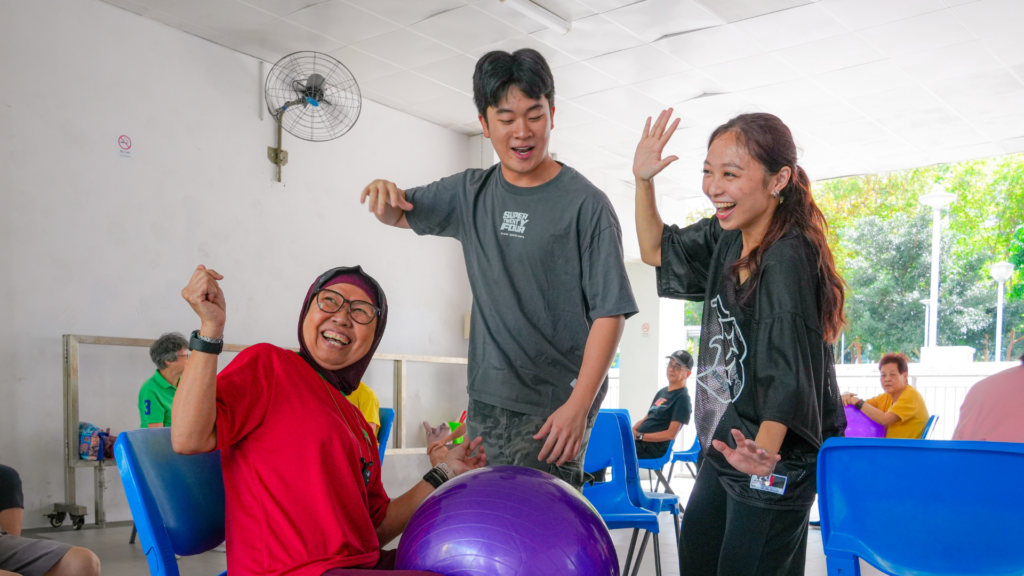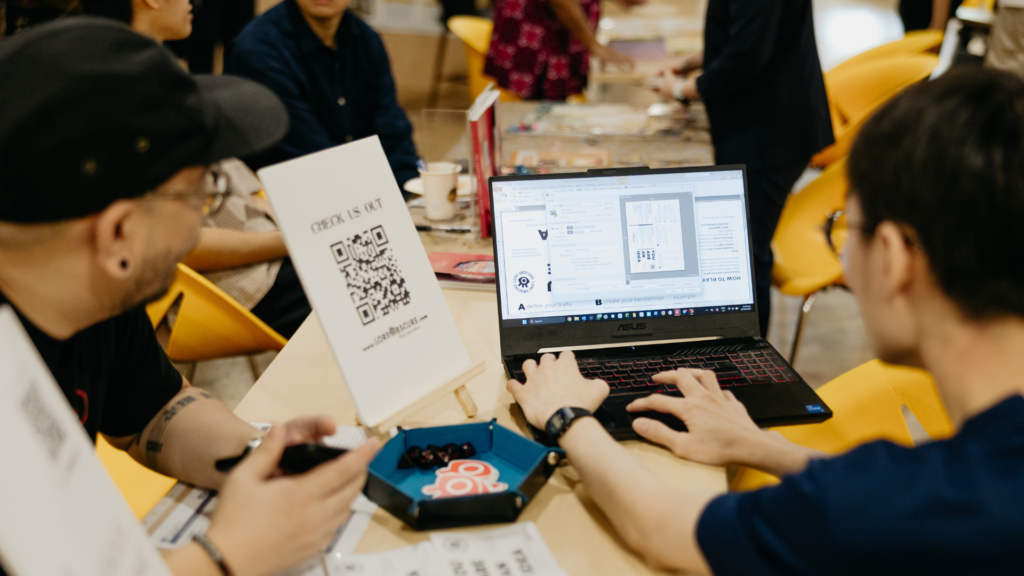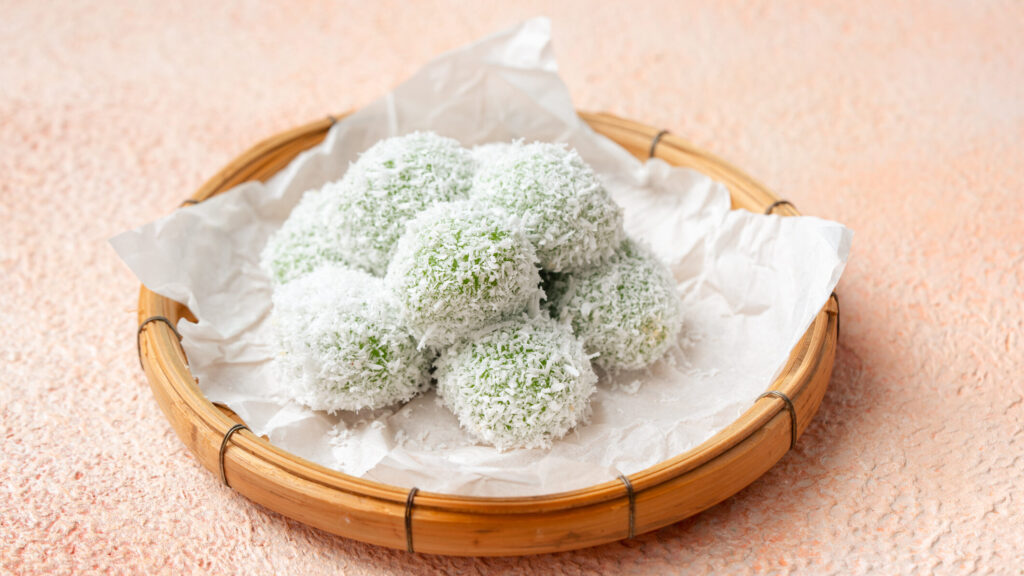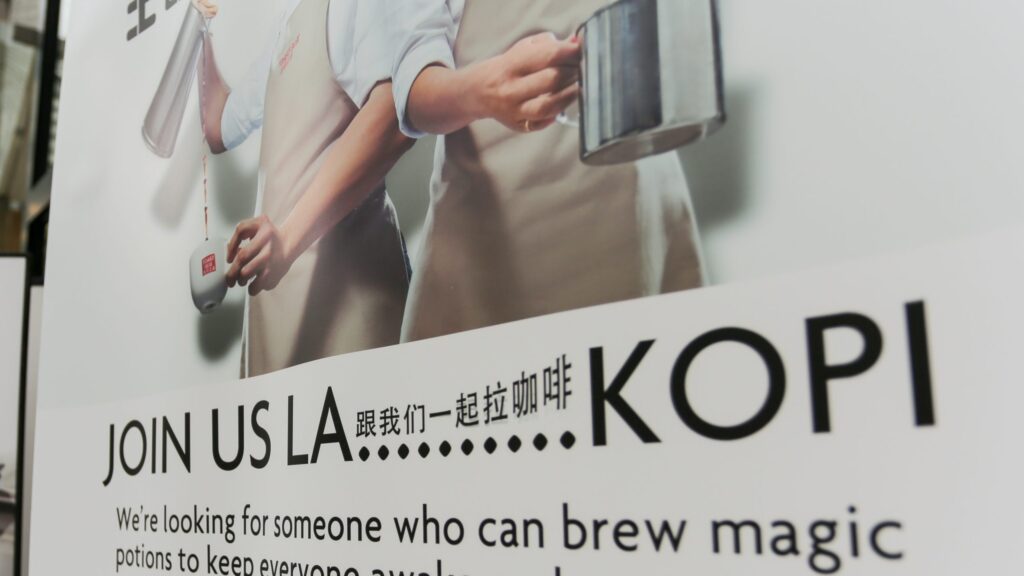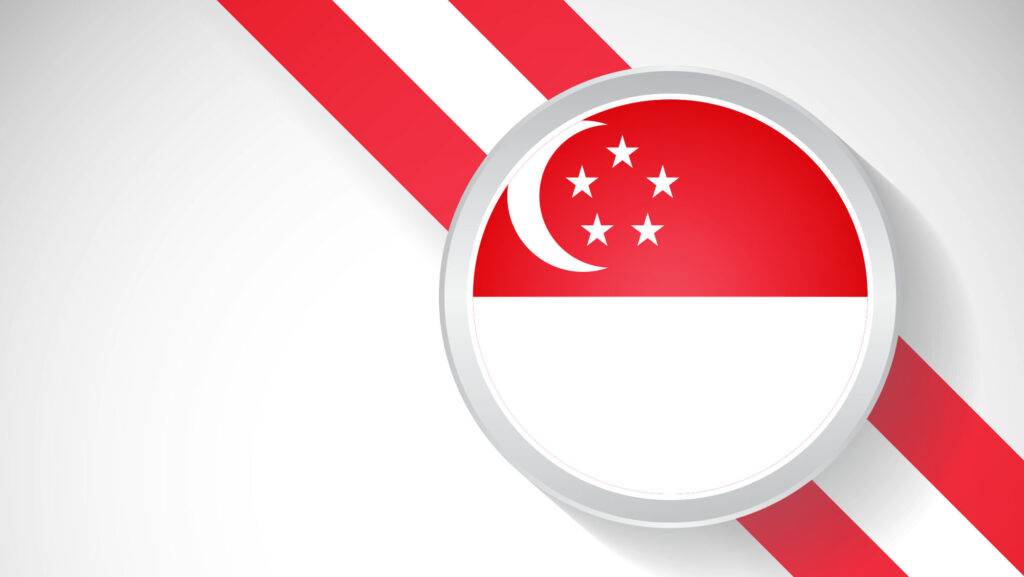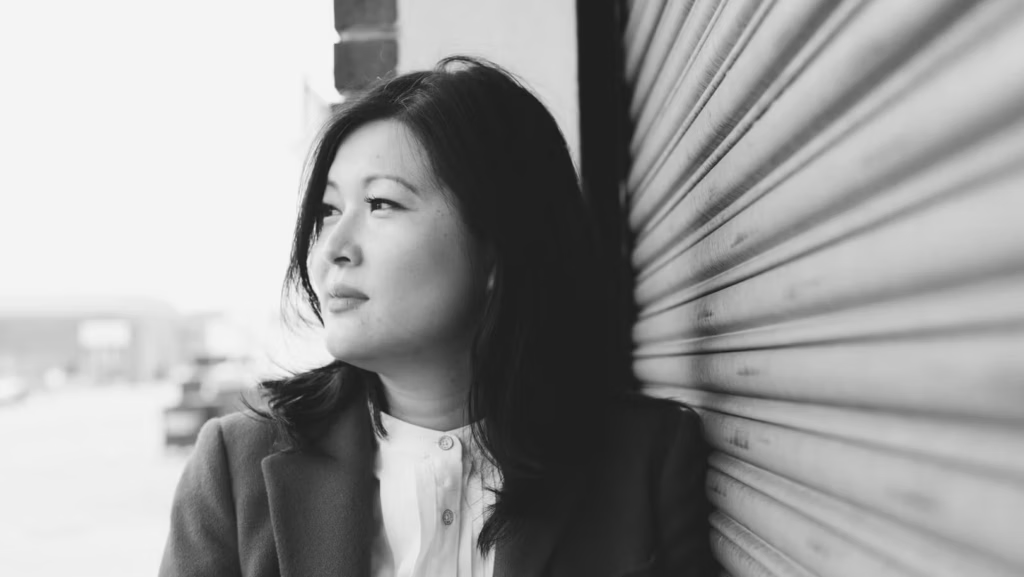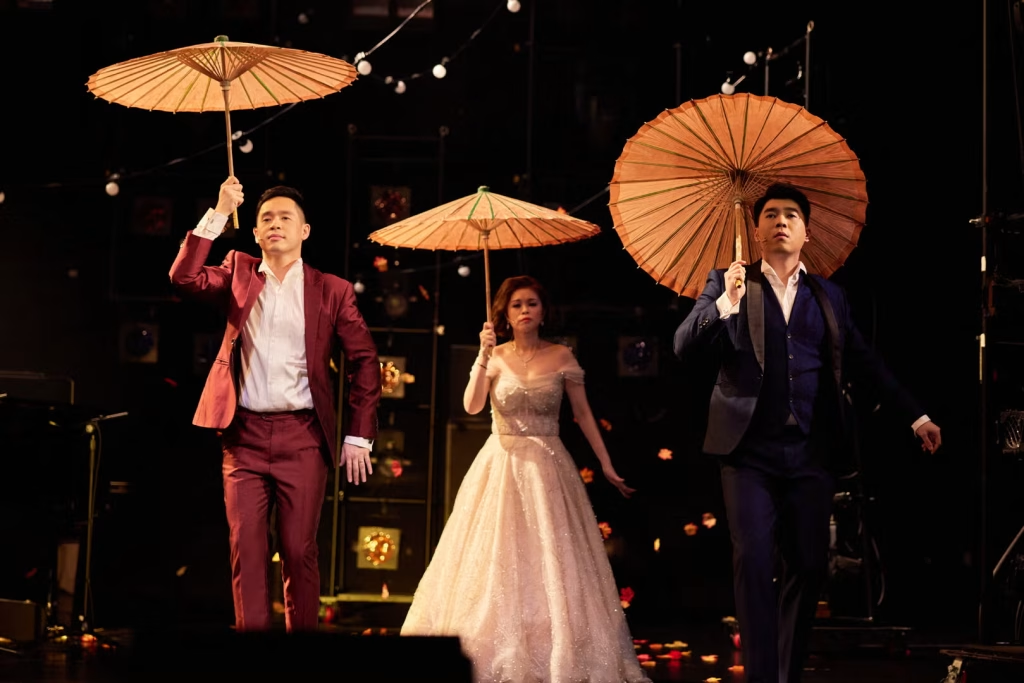News
NUS students bridge generations through dance and dialogue
Innovative courses empower students to connect with older adults, fostering well-being and building vibrant communities through hands-on projects.
Read MoreTeaching with heart: The human side of higher education
Organised by the NUS Centre for Teaching, Learning and Technology (CTLT), the Higher Education Conference in Singapore (HECS) 2025 on 10 December 2025 gathered educators from universities across Singapore to explore how to enrich learning experiences.
Read MoreMetaphors and Metonymies of Food in Four Asian Texts
From Murakami’s simple egg salad sandwiches in The Wind-Up Bird Chronicle to the apples in Orwell’s Animal Farm, food has long served as a powerful metaphor and metonymy in literary fiction. In ‘Metaphors and Metonymies of Food in Four Asian Texts’ (Anthropocene Ecologies of Food, 2022), Associate Professor Chitra Sankaran (NUS English, Linguistics and Theatre Studies) explores how four Asian works — Anita Desai’s Fasting, Feasting, Vida Cruz’s Song of the Mango, Michele Cruz Skinner’s Mango Season, and Wayne Ree’s Satay — use food to highlight the identities of the people and their communities. These four contemporary texts from India, Singapore, and the Philippines explore the making and eating of food, as a reflection of the diverse cultural connotations surrounding nourishment. In Desai’s Fasting, Feasting, the dietary habits of Indians and Americans are contrasted, offering insights into the cultural significance of food in these societies. On the other hand, Cruz and Skinner, centre their narratives on a fruit, the mango, but diverge in their approaches. While Cruz weaves a mythical tale of warring clans over a mango tree, Skinner presents a family drama in Mango Season, showcasing how the mango is deeply embedded in both cultures’ histories. Ree’s Satay is …
Metaphors and Metonymies of Food in Four Asian Texts Read More »
Read MoreTagging Singapore English
Since its inception in 1988, the International Corpus of English (ICE) has been a cornerstone for research on World Englishes, comprising 14 countries’ corpora from both the Inner Circle countries like Britain and the US to the Outer Circle countries like Singapore and the Philippines. Grammatically annotating the ICE corpora is a tall order due to limited resources and the need for human oversight. Part-of-speech (PoS) taggers, which are tools used to add linguistically relevant features like phonological and lexical annotation. For example, ‘table’ is labelled by the tag, ‘noun’. Modern PoS taggers are trained on data from Inner Circle English and can be used as cost-effective tools to tag Outer Circle English, though with lower accuracy. Regardless, their relatively high performance still makes it easier to check and correct the automatic tagging, easing what would otherwise be an extremely labour-intensive process. These corrected texts can then be used as a benchmark to improve PoS taggers, in turn making them more effective for processing Outer Circle English materials. In ‘Tagging Singapore English’ (World Englishes, 2022), Bao et al. (NUS English, Linguistics and Theatre Studies) explored using the Stanford PoS tagger, trained on standard American English, to tag the Singaporean component …
Tagging Singapore English Read More »
Read MoreNUS community honoured with National Day Awards on Singapore’s 60th birthday
Mr Tan Gee Paw (MSc ISE ’71), Adjunct Professor with the NUS College of Design and Engineering, and former Chairman of Changi Airport Group, was honoured with the Order of Nila Utama at the National Day Awards, earning this year’s top accolade for his role in advancing Singapore’s development in areas such as aviation, rail transport and water security. Professor Lui Pao Chuen (Science ’65), Temasek Defence Professor at the Temasek Defence Systems Institute (TDSI) and Chairman of the Singapore Nuclear Research and Safety Institute (SNRSI), both key institutes at NUS, received the next highest award, the Distinguished Service Order. He was lauded for his contributions to Singapore across diverse fields, including education, science and technology, urban development, defence and infrastructure. The two recipients were among the nearly 200 members of the NUS community who were recognised for their merit and service to Singapore. In total, some 7,210 people were presented with the National Day Awards, on the year of Singapore’s 60th anniversary. Mr Tan, who chaired Changi Airport Group from October 2020 to March 2025, was cited for steering the airport operator through the headwinds posed by COVID-19, maintaining its mission as a leading air hub and ensuring a swift recovery in post-pandemic traffic …
NUS community honoured with National Day Awards on Singapore’s 60th birthday Read More »
Read MoreRestoration of positive self-image: Ideological circles in the mediatization of government-migrant worker relations during Covid 19
At the height of the global COVID-19 pandemic, when wide-scale measures such as social distancing, lockdowns, and home quarantine orders were implemented, migrant workers (MW) were seemingly sidelined, with many lacking access to the robust national healthcare system or medical assistance. The arrival of the second wave of COVID-19 transmissions in 2020 cast a spotlight on the plight of the MW population, drawing criticism from both the media and the public. In “Restoration of positive self-image: Ideological circles in the mediatization of government-migrant worker relations during Covid 19” (Discourse & Communication, 2023), Associate Professor Michelle M. Lazar (NUS English Language & Linguistics), Dr Aaron Tham (University of the Sunshine Coast, Australia), and Wesley Wang (Oxford University, UK) examines how The Straits Times (ST), the national newspaper known for its pro-government stance, framed government-MW relations during the second wave of COVID-19 transmission to reconstruct a positive self-image amid widespread negative publicity. Using van Dijk’s (2011) ideological square framework, which emphasises ‘positive self-representation’ and ‘negative other-presentation,’ the authors found that ST selectively highlighted news stories showcasing the Singapore government’s attentiveness to the vulnerable migrant worker (MW) community during the COVID-19 outbreak in their dormitories. The coverage focused on the Singapore government’s responsive …
Read MoreALUMNI STORIES | Speaking Truth to Power
Ms Mei Fong’s (NUS English, Linguistics and Theatre Studies ’97) career trajectory is a masterclass in adapting to a changing media landscape to tell important stories, and the power of lending a voice to advocacy.
Read MoreRewriting the Script
From theatre student to metaverse pioneer, Dr Loretta Chen (NUS English Literature and Theatre Studies ’99, PhD ’10) has charted an unconventional path fuelled by purpose, resilience and a belief that stories can remake the world.
Read MoreAnswering the Call of the Stage
Mr Timothy Wan (NUS English, Linguistics and Theatre Studies ’13) and Ms Marilyn Chew (NUS Psychology ’19) affirm theatre careers sustained by passion and purpose.
Read More

